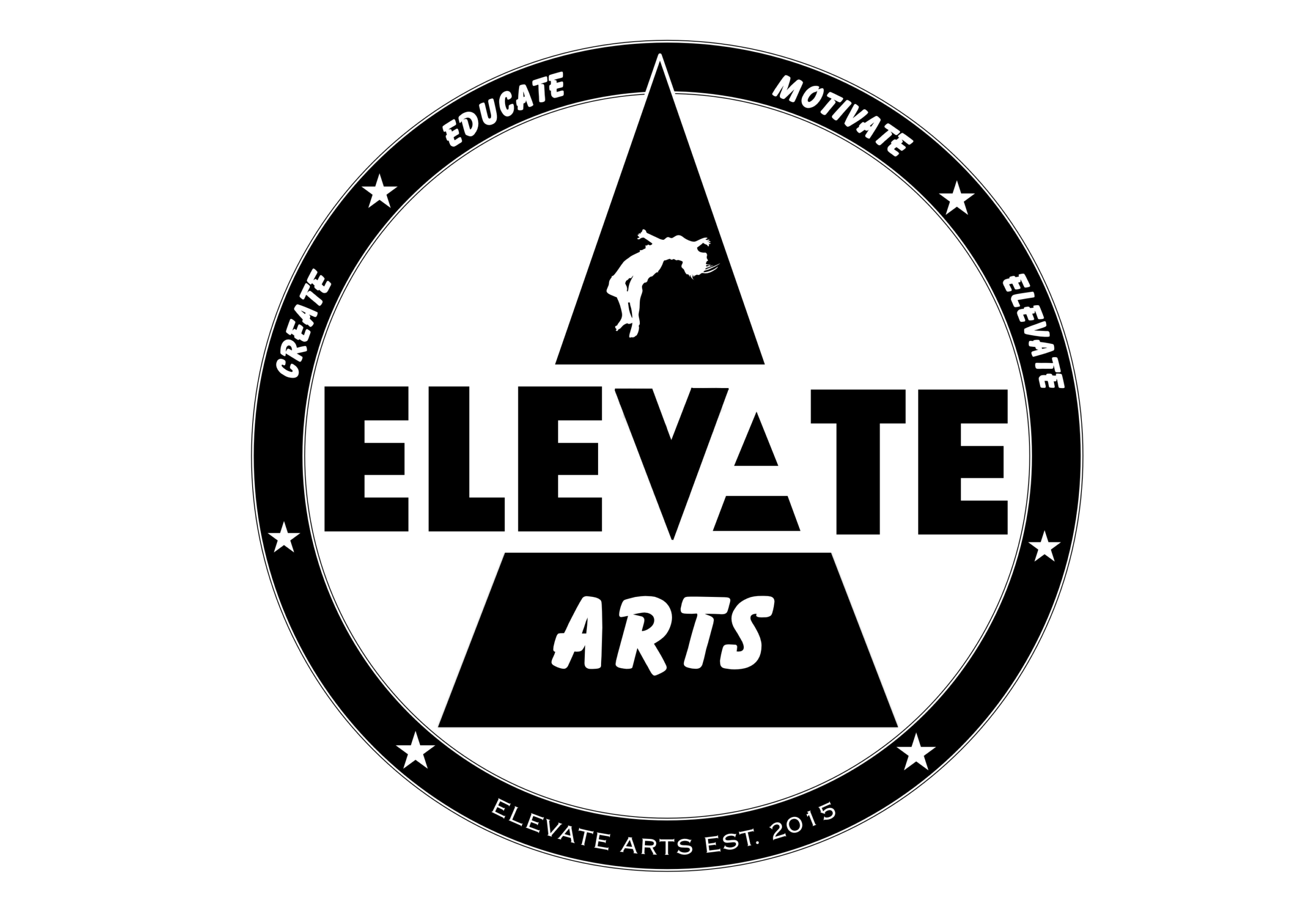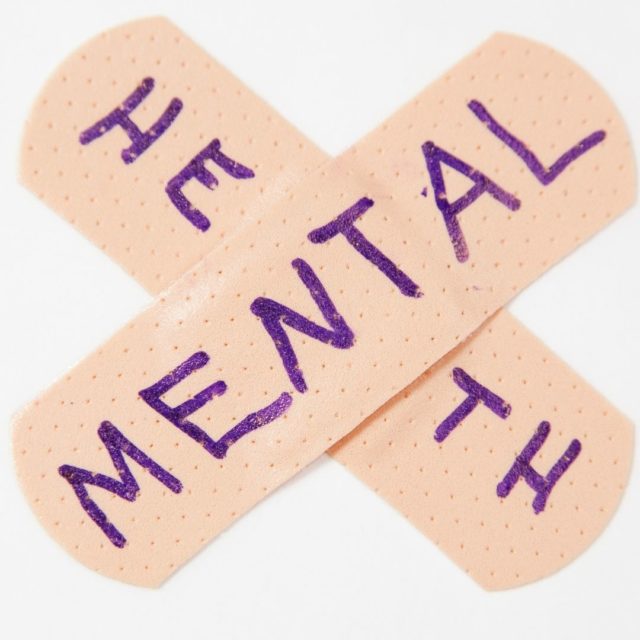When we think about being healthy, we often focus on our physical health and wellbeing – Things like what we eat/drink and getting enough sleep and activity. However, to be healthy overall, it is important we also look after our minds, our mental wellbeing. To achieve an overall sense of physical and emotional wellbeing, we must take healthy steps inside and out. Our physical and mental wellbeing are closely linked, so things we do to improve our physical wellbeing can positively affect our mental wellbeing and vice versa. Recently (10th October) it was World Mental Health Day, so what better time to have these discussions!
Now, maybe more so than ever, it is super important we look after our mental health. Lockdown had (and is still having) an impact on a lot of people’s mindsets. Mental health doesn’t discriminate, even those who have never suffered with their mental health previously may now be struggling too due to the lockdown and uncertainty of the future, highlighting the importance of looking after ourselves from the inside and out, especially during times like these.
Discussing mental health is just as important for children as it is for adults. Perhaps even more so, in order to educate and encourage them to grow up capable of managing their emotions and are mentally healthy, ready for the world. Research shows that;
- 75% of those with a mental health condition began developing it before the age of 18
- 56% of children say they constantly worry about something, whether it’s school or home lives, or something about themselves
- At least 3 children in every class have a diagnosable mental health issue, with many more worrying about everyday concerns.
- Loneliness is considered a key risk factor linked to the development of mental health problems; therefore, lockdown may have had a negative impact on children and young people (and adults) if social interaction with peers was absent.

There has been extensive research into the benefits of physical activity, and dance in particular, and its effect on mental health. Encouraging children and young people to regularly participate in physical activity is absolutely vital for both their physical and mental wellbeing. Many parents and even schools are now seeing the benefit of dance for themselves and are making it an integral part of their pupils’ school week through Physical education and extra-curricular activities. Here’s why:
- Dance is a physical activity. When we exercise, endorphins (feel good chemicals) are released, making us feel good about ourselves and elevating our mood. Listening to music can have the same effect, as it releases another feel-good chemical, Dopamine. So…couple the 2 together as we do when we dance, and BINGO – a double whammy of feeling great! Every child wants to feel great. Feeling great, in turn, increases productiveness.
- Dance allows children to express themselves creatively. This outlet for a young person’s emotions and imagination enables children to explore emotions and thoughts they might otherwise not be able to articulate, or struggle to verbalise. It can be an escape, or a release from everyday life, allowing themselves to be vulnerable. Even if class is just an hour long, that’s a whole hour of less worrying your child is doing (and the effects probably last even longer because of all the endorphins and dopamine rushing around!)
- Dance encourages communication, both verbal and non-verbal, helping children’s cognitive development. Dance is a universal language in itself, so those who struggle to verbalise their emotions can express them in a safe environment through dance. Children also learn to understand the emotions of others too. Partner and group work encourage verbal communication, which helps children develop their language skills and builds confidence, teamworking, problem-solving and social skills. Making friends and socialising in a dance class helps children feel a part of something, a sense of belonging, which is integral to combatting loneliness and maintaining a healthy mind.
- Dance teaches children it is ok to not be perfect, it’s ok to make mistakes and that things can get better with time and practise. This builds up confidence, resilience and self-esteem
- Dance is a fantastic way of getting children away from screens! In this day and age, children can easily become hooked to games or social media, especially post lockdown. In turn, this constant use of technology could potentially harm children’s mental health (This could be due to factors such as not getting enough sunlight, sleep, exercise because of devices, or from cyberbullying or feeling pressure to conform to the “norm”) Participating in dance is such a fun distraction, it doesn’t even feel like exercise!

What steps will you be taking with your child to be healthy inside and out?
Remember, if you feel like you are suffering with your mental health, are finding it increasingly difficult to motivate yourself, focus, or are worrying about anything a bit too often, it is important to try to talk to someone you trust. This could be a family member, a friend, teacher or a doctor. If you notice your child doesn’t seem themselves, please seek professional medical help.


